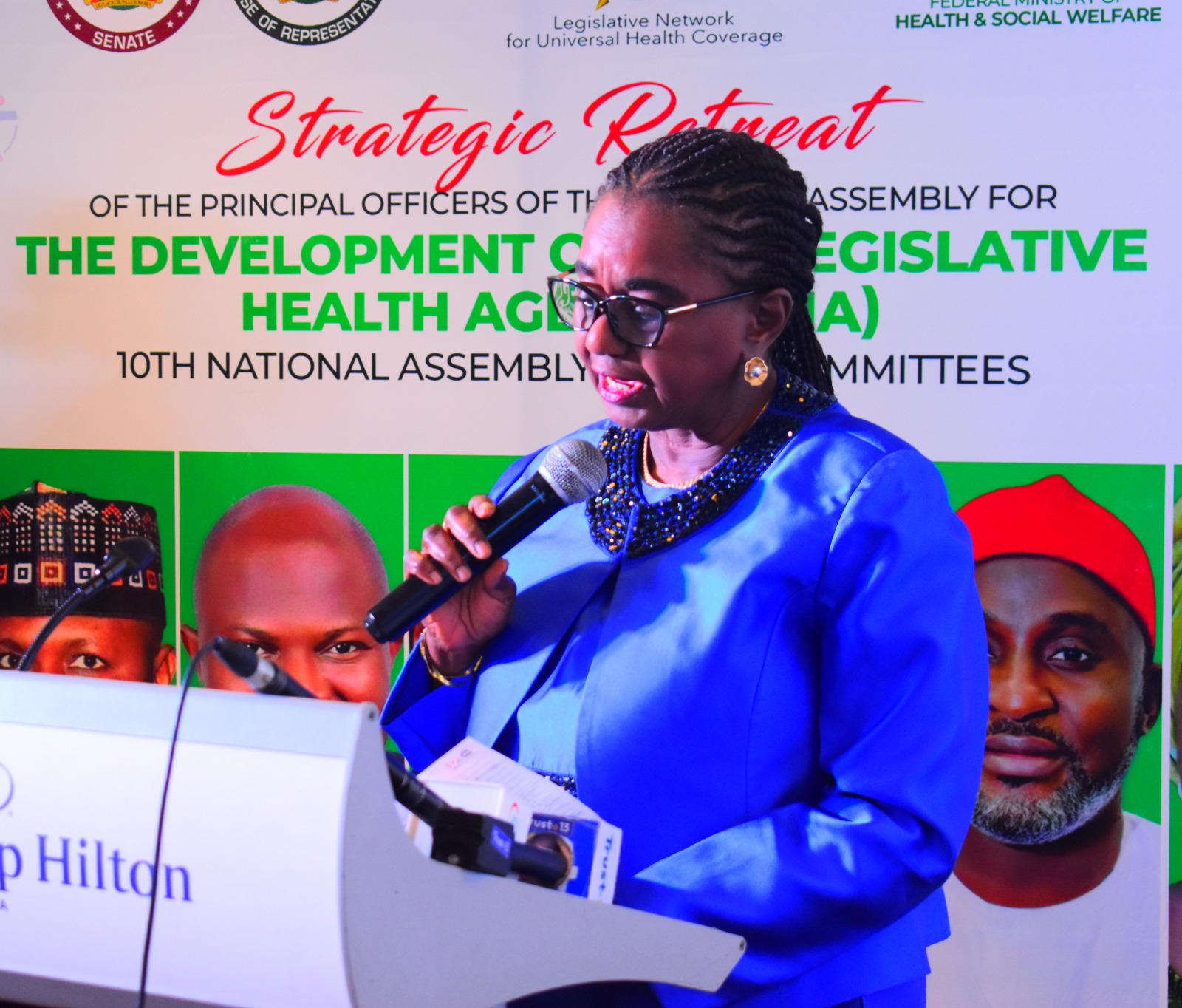Lifestyle
Interview with the employer: how to get a job

Interview with the employer: how to get a job
Interview with the employer is an important stage for the applicant. Find out how to pass the interview successfully to get the job you want.
Interview with the employer
Interview with the employer is an important stage for the applicant. The success of the interview impacts the further employment of the candidate, as well as his status in the eyes of the future employer. For a more profitable self-presentation, it’s useful to know the ways of adjusting to the way of thinking of the interlocutor. Understanding the values and beliefs of the potential employer will help establish trustful communication and circumvent the competitors for the vacant position.
According to the autobiography essay help service, when meeting the employer, try to determine the type of people your potential employer belongs to. In this case, focus on the classification, which conditionally divides people into rational and emotional.
Each person conceives, plans, and implements his own affairs in different ways. The structure of some companies is similar to a well-defined mechanism, of others it is very democratic. Depending on the type of personality of the leader, rational or irrational (emotional), the company’s policy as a whole and work in it are built.
Characteristics of the rational and irrational employer
The rational employer is a person who prefers to own a situation, devotes much time to planning, as well as is prone to consistency and a clear order of accomplishment of tasks. Such an employer perfectly understands what criteria and qualities a potential employee should have, what functions should be in the company, what results his work should bring.
From the applicant, this employer prefers to hear clear arguments, what specific tasks and how he will be able to solve them by taking up this or that position. In this case, the statement that you really like this company, and you try to justify the hopes placed on you will sound unconvincing. Loyalty to the company is an emotional component, it is not interesting to rational employers. These are people who do not like to talk in vain and prefer to be concrete.
Observe the organization of work in the office, carefully look at how people look, and how their workplace is organized. Rational employers, as a rule, have everything in its place. Listen to what the potential boss says. How even his speech is, how prepared and thoughtful his questions are. This, of course, will tell you whether one can classify his personality type as rational.
Irrational employers are constantly on the phone and simultaneously deal with several tasks at the same time. This is a person who is simultaneously able to realize several tasks. First of all, he is interested in the current situation. Such people do not like monotony, quickly make decisions, relying not only on logic, but also on their own attitude to the issue, often deviate from the plan and schedule.
The speech of such a boss is less structured, he can often be distracted from the originally asked topic, simultaneously finding out the important points for him. This is usually open and emotional people, for whom the positive emotional climate in the team is important. The approach to such an employer lies through the initiative of the employee, loyalty to the company, openness and friendliness. In this case, you should show not only your professionalism and ability to cope with tasks but also that you’re comfortable to work with.
In order to properly build an interview with a potential employer, you need some time to observe his manners and the situation in the company.
Formulate answers to the questions of the potential employer according to the needs of his personality type. Clearly and succinctly or more emotionally and openly. This adjustment and the acquisition of a common language at the interview is guaranteed to allocate you among the other candidates and will provide employment for the desired workplace.
Health
FG Launches Initiative To Combat Malnutrition Among Children
The Federal Government has begun a scheme to battle malnutrition in children.
Tagged, “Nutrition 774 Initiative”, the programme was unveiled by Vice President Kashim Shettima as it falls within a framework for the Federal Government’s comprehensive vision for a nationwide nutrition programme to address malnutrition and food insecurity in Nigeria.
The proposed programme, “Nutrition 774 Initiative,” aims to improve nutritional outcomes across all 774 local government areas (LGAs) in the country.
Speaking yesterday during a roundtable with development partners at the Presidential Villa, Abuja, VP Shettima said the initiative aligns with President Bola Ahmed Tinubu’s broader focus on food security and availability across Nigeria.”The priority with which His Excellency, President Bola Ahmed Tinubu, has pursued food availability has gone hand-in-hand with our commitment to eradicating malnutrition.
“Our aspiration as a nation goes beyond the mere abundance of food in our barns and warehouses. We cannot claim victory unless there is certainty that each household across Nigeria has access to the preferred and prescribed diets essential for a healthy life,” the vice president stated.
It would be recalled that the 144th meeting of the National Economic Council (NEC) had in September endorsed the Nutrition 774 programme as a primary platform for combating malnutrition within Nigerian communities.
The council encouraged development partners to provide financial and technical assistance to support this initiative.
Health
Banigo Canvasses E-Health Devices For Nigeria’s Healthcare Dev

The importance of e-Health devices and digital health solutions in improving Nigeria’s healthcare system has been emphasised by Senator Ipalibo Harry Banigo, Chairman of the Senate Committee on Health, Secondary and Tertiary.
She also stressed that health is a multilayered activity and a multisectoral collaboration that requires legislators to work together to provide legislation, implement policies, and track funds effectively.
Banigo, who represents Rivers West Senatorial District in the National Assembly, made these remarks at the 5th Annual Legislative Summit on Health in Abuja, themed “Improving Legislative Stewardship and Accountability for Universal Health Coverage.”
She highlighted the potential of eHealth devices, especially given Nigeria’s large population and limited healthcare professionals.
“We can develop platforms that can be accessed through simple phones, even in remote villages, to provide health education and interventions,” she said.
“We are not talking about highfalutin things; we are talking about what will impact communities at the grassroots level, particularly pro-poor initiatives that will benefit vulnerable populations.”
Banigo also emphasized the importance of accountability and effective care, encouraging legislators to share knowledge, engage in peer reviews, and exchange information to achieve better health outcomes.
She recalled the cholera outbreak, where basic health education and interventions could have been delivered via mobile phones, preventing preventable deaths.
The 5th Annual Legislative Summit on Health brought together federal and state legislators, the Coordinating Minister of Health and Social Welfare, Prof. Muhammad Pate, the World Health Organisation’s representative in Nigeria, Dr. Walter Mulombo, and other dignitaries.
Health
WHO Targets One Billion For Better Health
The World Health Organisation (WHO) says it is targeting 1 billion more people to enjoy better health and well-being will by 2025.
The plan it said is driven primarily by improvements in air quality and access to water, sanitation and hygiene measures.
Meanwhile, the body has listed it achievements in a Report of 2023, the most comprehensive to date.
The report showcases achievements of key public health milestones by the world health apex agency even amid greater global humanitarian health needs driven by conflict, climate change and disease outbreaks.
The report is expected to be released ahead of the 2024 Seventy-seventh World Health Assembly, which runs from 27 May, 1st June, 2024.
WHO revised Programme Budget for 2022–2023 was US$ 6726.1 million, incorporating lessons learned from the pandemic response and addressing emerging health priorities.
With 96percent of WHO country offices providing 174 country reports on achievements, the report shows some progress towards 46 targets and highlights some challenges.
“The world is off track to reach most of the triple billion targets and the health-related Sustainable Development Goals,” said Dr. Tedros Adhanom Ghebreyesus, WHO Director-General. “However, with concrete and concerted action to accelerate progress, we could still achieve a substantial subset of them. Our goal is to invest even more resources where they matter most at the country level while ensuring sustainable and flexible financing to support our mission.”
The report shows advancement in several key areas, including healthier populations, Universal Health Coverage (UHC), and health emergencies protection.
Related to healthier populations, the current trajectory indicates the target of 1 billion more people enjoying better health and well-being will likely be met by 2025, driven primarily by improvements in air quality and access to water, sanitation and hygiene measures.
In terms of UHC, 30percent of countries are moving ahead in coverage of essential health services and providing financial protection. This is largely due to increased HIV service coverage.
Regarding emergencies protection, though the coverage of vaccinations for high-priority pathogens shows improvement relative to the COVID-19 pandemic-related disruptions in 2020–2021, it has not yet returned to pre-pandemic levels.
The Pandemic Fund’s first disbursements totaled US$ 338 million in 2023, supporting 37 countries to fund the initial response to acute events and scale up life-saving health operations in protracted crises. WHO continues to work with countries and partners to enhance genomic sequencing capabilities and strengthen laboratory and surveillance systems worldwide with capacity increased by 62percent for SARS-CoV-2 between February 2021 and December 2023.
It said one of the achievements is the world’s first malaria vaccine, RTS,S/AS01 administered to more than two million children in Ghana, Kenya, and Malawi during the biennium, reducing mortality by 13% among children eligible for vaccination. WHO’s prequalification of a second vaccine, R21/Matrix-M, is expected to further boost malaria control efforts.
The first-ever all-oral treatment regimens for multi-drug-resistant tuberculosis were made available in 2022, allowing the highest number of people with tuberculosis to get treatment since monitoring began almost 30 years ago.
-
News2 days ago
Army Chief Gives Troops One Month Marching Order To Flush Out Bandits In Niger, Kwara
-

 Nation2 days ago
Nation2 days agoMonarch Preaches Peace As He Unveils Palace
-
Niger Delta2 days ago
Eno Promotes ARISE Coordinator To Perm Sec
-
Business2 days ago
Multipurpose Terminal Hosts 6,606-Foot Capacity Vessel In Onne
-
Politics2 days ago
Speakers Conference Tasks FG, Governors On Wanton Killings
-
News2 days ago
Court Okays Arrest, Detention Of Six CBEX Promoters
-

 Featured2 days ago
Featured2 days agoFG To Seize Retirees’ Property Over Unpaid Housing Loans
-
Niger Delta2 days ago
Diri Okays Ongoing Projects’ Progress

